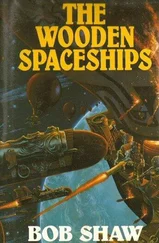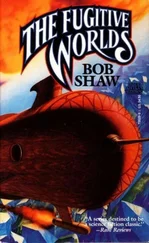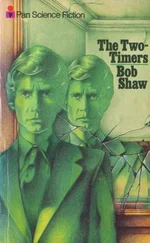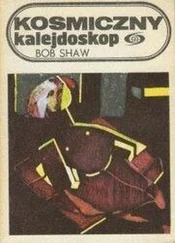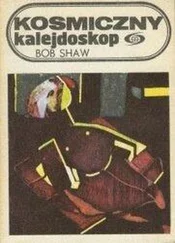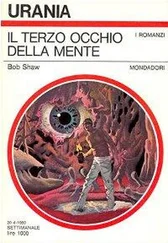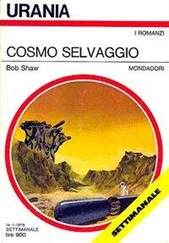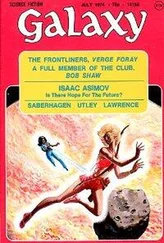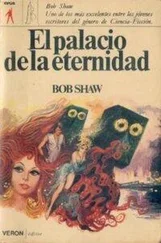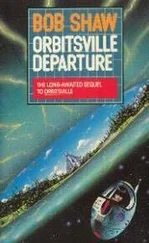Montefiore was of medium height, with thick muscular shoulders, and a boyish face. His chin was small, but with a set which denoted determination rather than weakness. He surveyed himself in the mirror above the white-painted fireplace and gloomily resolved to drink less beer for a few weeks, then began to wonder if the ringing of the red telephone had presaged the end of his, and everybody’s, beer-drinking days. He went back to the window and was frowning down at the slow-moving tops of buses when his secretary came through on the intercom and announced that Mr. McKenzie and Brigadier Finch were on their way in. Finch was head of a small group of men whose official title was the Strategic Advisory Committee and who, among other things, were empowered to advise on the pressing of certain buttons. Montefiore was not even supposed to know of Finch’s connection with the SAC, and the pang of dismay the Brigadier’s name inspired made him wish he had preserved his ignorance.
The two men silently entered the room carrying metal-rimmed briefcases, shook hands with minimal formality. Both were “clients” of MENTOR’s unique information service and were well known to Montefiore. They invariably treated him with extreme courtesy but their very correctness always served to remind him that all the magics of his electronic cabal were powerless against the class barrier. He had a lower middle-class background, theirs was upper middle-class, and nothing was changed by the fact that nobody spoke of those things in the Britain of the Cockney emancipation. McKenzie, tall and florid, pointed at the randomizer switch on Montefiore’s desk. Montefiore nodded and moved the switch, activating an electronic device which would prevent even an ordinary telephone from functioning properly within its field. No recordings could be made of anything that was about to be said.
“What’s the problem, Gerard?” Montefiore made a point of using Christian names, and had vowed to himself that if any of his high-level clients objected he would complete the reductio ad absurdum by walking out of the MENTOR project and refusing to return until his right to address Trevor as Trevor was officially ratified.
“A very serious one,” McKenzie said, taking the unusual course of staring Montefiore straight in the eye as he spoke. He opened his case, took out photocopies of some densely written pages and sketches, and set them on the desk. “Read that.”
“All right, Gerard.” Montefiore scanned the sheets with professional speed, and his sense of imminent disaster was replaced by a strange elation. “How much of this do you believe?”
“Believe? Belief doesn’t come into it. The point is that the mathematics on those pages has been checked and verified.”
“Oh? Who by?”
“Sproale.”
Montefiore tapped his teeth thoughtfully. “If Sproale says it’s all right… How about the machine?” He examined the sketches again.
“Both Rawson and Vialls say the machine can be built and will… do what is claimed for it.”
“And the question you want me to answer, Gerard, is — has it been built?”
“We want the man who wrote this letter,” Finch said restlessly. He was a lean man, aggressively athletic for one in his fifties, and wore his dark pinstripes like a uniform. He was also, Montefiore knew, the MENTOR client with whom his familiarity rankled most.
“It amounts to the same thing, Roger.” Montefiore gave the most unmilitary salute he could devise. “I imagine that when we find this man he’ll answer all the questions put to him.”
Finch’s eyes went dead. “This is a matter of extreme urgency.”
“I get the hint, Roger.” Montefiore had been adding to his own excitement by avoiding immediate consideration of the problem, but now he began the pleasurable task of establishing parameters. “What information have we on this man? What do we know? First of all, that he is a man — the handwriting makes it clear we aren’t dealing with a woman, unless it’s a woman who is prepared to go a long way to cover up her tracks.”
“What does that mean?” Finch made an irritated movement, as though slapping his thigh with an imaginary cane.
“A woman might have forced a man to write it all out for her, then killed him,” Montefiore said reasonably.
“Nonsense!”
“All right, Roger. You are directing me, in this national crisis, not to consider any of this country’s thirty million women as a suspect?”
“Now, now, Ed,” McKenzie said, and Montefiore noted with satisfaction the use of his own Christian name. “You know perfectly well that we never poach on your preserves. And I am sure you appreciate better than anyone else that here, in this single assignment, is the justification for every penny spent on MENTOR.”
“I know, I know.” Montefiore tired of baiting the two men as the problem claimed his mind and soul. “The author of these papers is likely to be a male adult, in good health and vigor, if the handwriting is anything to go by — when do we get the analyst’s report on the writing?”
“At any minute.”
“Good. He is also the possessor of a first-class mathematical brain. If I’m not mistaken that reduces the field from millions to thousands. And out of those thousands, one man — assuming the machine has been built — has recently spent a considerable sum of money on scientific equipment. Gas centrifuges, for instances, aren’t very common devices and there’s this business of using praseodymiumMontefiore walked toward the door.
McKenzie started after him. “Where are you going?”
“To the wine cellar,” Montefiore said peacefully “Make yourselves comfortable, gentlemen. I’ll be back within the hour.”
As the high-speed elevator dropped him to bedrock level, where MENTOR’s central-processing unit waited in its specially tailored and controlled environment, he felt a twinge of pity for the temporarily unknown man who had taken upon himself the role of Saviour, and who would shortly be nailed to cross. Forty minutes later, his own act of communion completed, he braced his legs as the elevator began its climb. He glanced at the single sheet of paper in his right hand.
“You may be a good man, Lucas Hutchman,” he said aloud. “But you’re certainly a fool.”
Detective Inspector James Crombie-Carson was unhappy. He clearly remembered describing Hutchman as a walking disaster area, but he had not foreseen that the man’s malign spell would encompass himself. Already he had been on the carpet before the Chief Inspector, made a butt of amusement in his own station, and had attracted the attention of the newspapers who — with their usual attention to trivia — were splashing minute details of Hutchman’s escape. Now there was to be an interview with the Chief Superintendent and a faceless man from London.
“What’s the holdup?” he demanded of the desk sergeant.
“I don’t know, sir. The chief said he would ring when he wanted you in.” The sergeant did not sound particularly sympathetic.
Crombie-Carson stared resentfully at the polished rosewood of the conference room door. “Bloody waste of time! Don’t they know I have other things to do?”
He paced the floor and tried to work out what had gone wrong with his career. His big mistake had been to relax his guard, to start thinking he had normal luck. The galling thing was that other men on the force casually accepted their own good luck, putting the success it brought them down to ability. There was a celebrated story that the complacent Chief Inspector Alison’s first arrest had been a man who tried to reverse the charges on obscene phone calls. Crombie-Carson savored the fable for a moment, then his thoughts were drawn back to Lucas Hutchman.
It was obvious that the man had been selling missile secrets, or preparing to do so. Crombie-Carson could recognize the type — university background, tennis and boating, married into money, too much of everything. Either had a Raffles complex, or the woman Knight had something on him. Rotten liar, too — never had the day-to-day practice that some people had to acquire just to stay alive. You could see him rearranging his scruples every time. Perhaps the Knight woman had got something really good out of him and had tried to cut herself an extra slice of cake by offering the goods elsewhere…
Читать дальше

